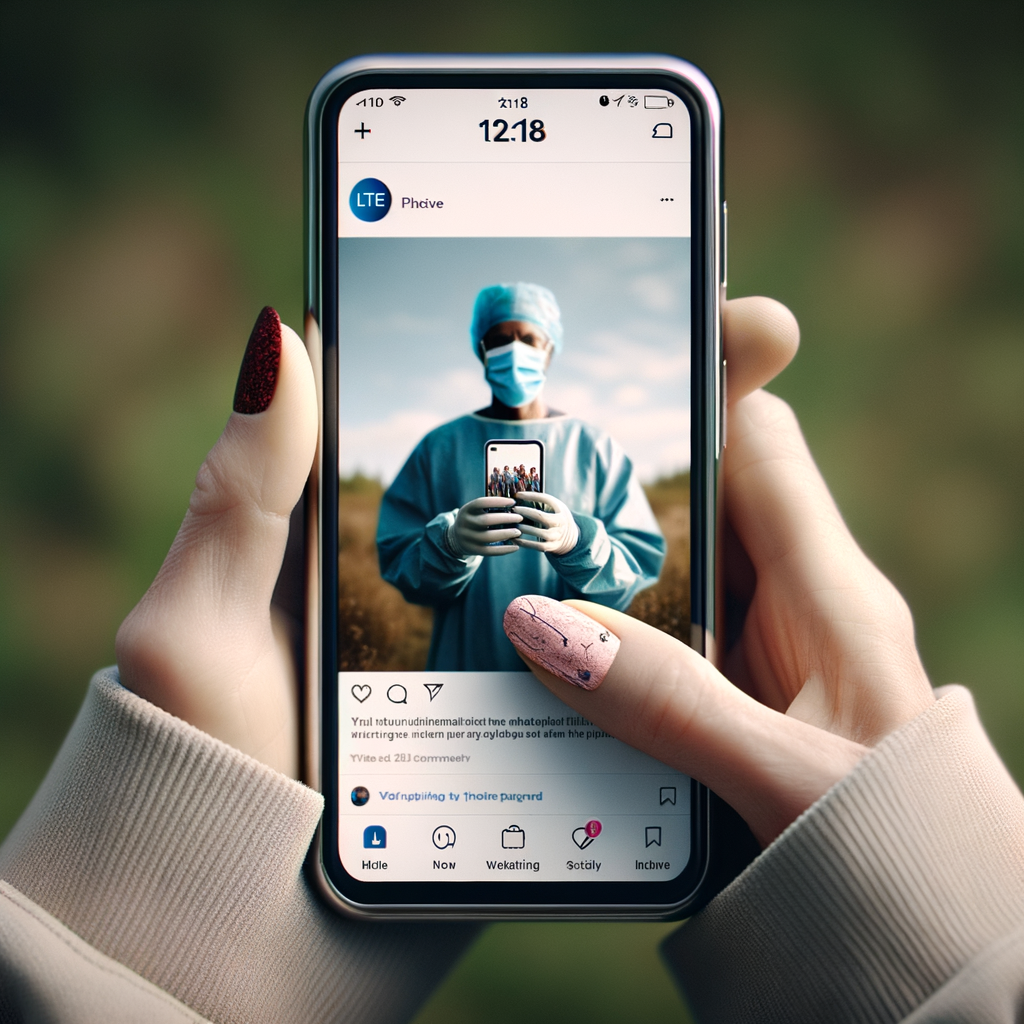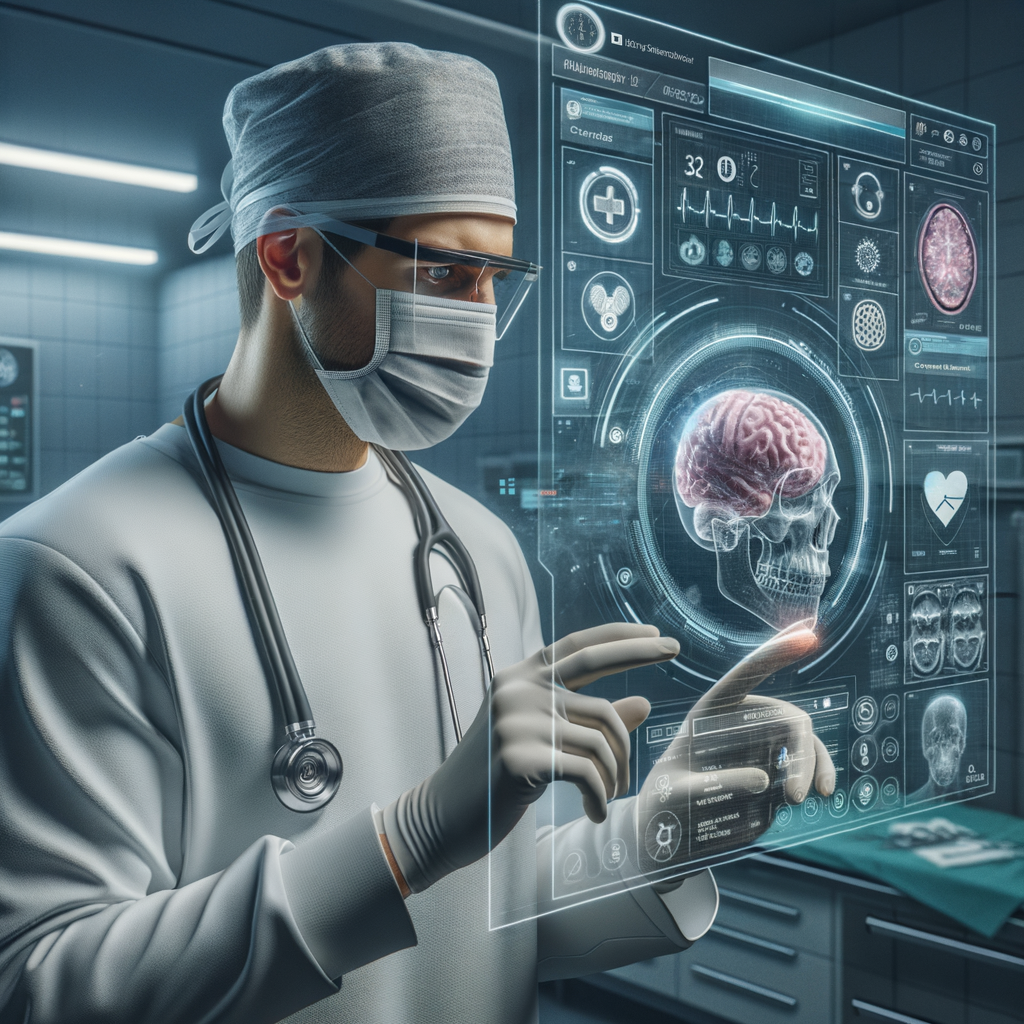Exploring the Impact of Ginkgo Biloba on Stroke Recovery
Recent advancements in stroke recovery have spotlighted an intriguing candidate for enhancing cognitive recuperation: ginkgo biloba. Known for its traditional use in Chinese medicine, this ancient herb is now at the frontier of research, with studies suggesting it may significantly benefit those recovering from an ischemic stroke. The study of ginkgo biloba’s active components shines a light on a hopeful path towards improved cognitive function post-stroke, offering a glimpse into a future where herbal remedies and modern medicine converge for better health outcomes.
The Role of Ginkgo Biloba in Medicine
The use of ginkgo biloba in traditional Chinese medicine spans centuries, primarily for its potent antioxidant properties that protect nerve cells from damage. Despite its historical use, it’s the contemporary scientific inquiry into ginkgo biloba’s biologically active components that has piqued the interest of the medical community, especially in the context of stroke recovery and enhanced cognition.
Improving Cognition After Ischemic Stroke
One groundbreaking study showed that patients experiencing an ischemic stroke exhibited a significant improvement in cognitive functions when treated with a combination of ginkgo biloba’s biologically active components. These early results suggest that ginkgo biloba could play a vital role in the therapy for stroke survivors, offering a beacon of hope for faster and more comprehensive recovery.
How Does Ginkgo Biloba Work?
The neuroprotective effect of ginkgo biloba is multifaceted, contributing to its efficacy in aiding stroke recovery. It works by expanding blood vessels in the brain, improving resistance to hypoxia, and increasing cerebral blood flow. Furthermore, its anti-inflammation and antioxidation properties serve to protect and repair brain cells, highlighting ginkgo biloba’s potential as a powerful ally in the fight against cognitive decline post-stroke.
Ginkgo Biloba: A Safe and Effective Treatment?
With any form of medical treatment, assessing safety and efficacy is paramount. Although ginkgo biloba offers promising results in stroke recovery and cognitive enhancement, it is essential for stroke patients to consult with healthcare providers before embarking on any treatment involving herbal supplements. The journey to official recognition and FDA approval is underway, underscoring the necessity of rigorous clinical trials to establish ginkgo biloba’s place in conventional stroke recovery protocols.
Shifting The Paradigm in Stroke Recovery
The exploration of ginkgo biloba as a treatment for stroke recovery opens new avenues for enhancing patient care and outcomes. As research continues to unfold, the integration of ginkgo biloba into stroke rehabilitation strategies represents an exciting convergence of traditional knowledge and modern scientific inquiry, with the potential to revolutionize how we approach cognitive rehabilitation post-stroke.
Conclusion
The promising research into ginkgo biloba’s role in improving cognitive recovery post-ischemic stroke is a testament to the potential that natural remedies hold in the realm of modern medicine. As we move forward, the hope is to see ginkgo biloba not just as a supplement but as a validated component of stroke recovery protocols, bringing a new dimension to patient care and cognition restoration. The journey from ancient remedy to a scientifically backed treatment for stroke recovery underscores the importance of embracing both historical wisdom and contemporary research in the pursuit of better health outcomes.







